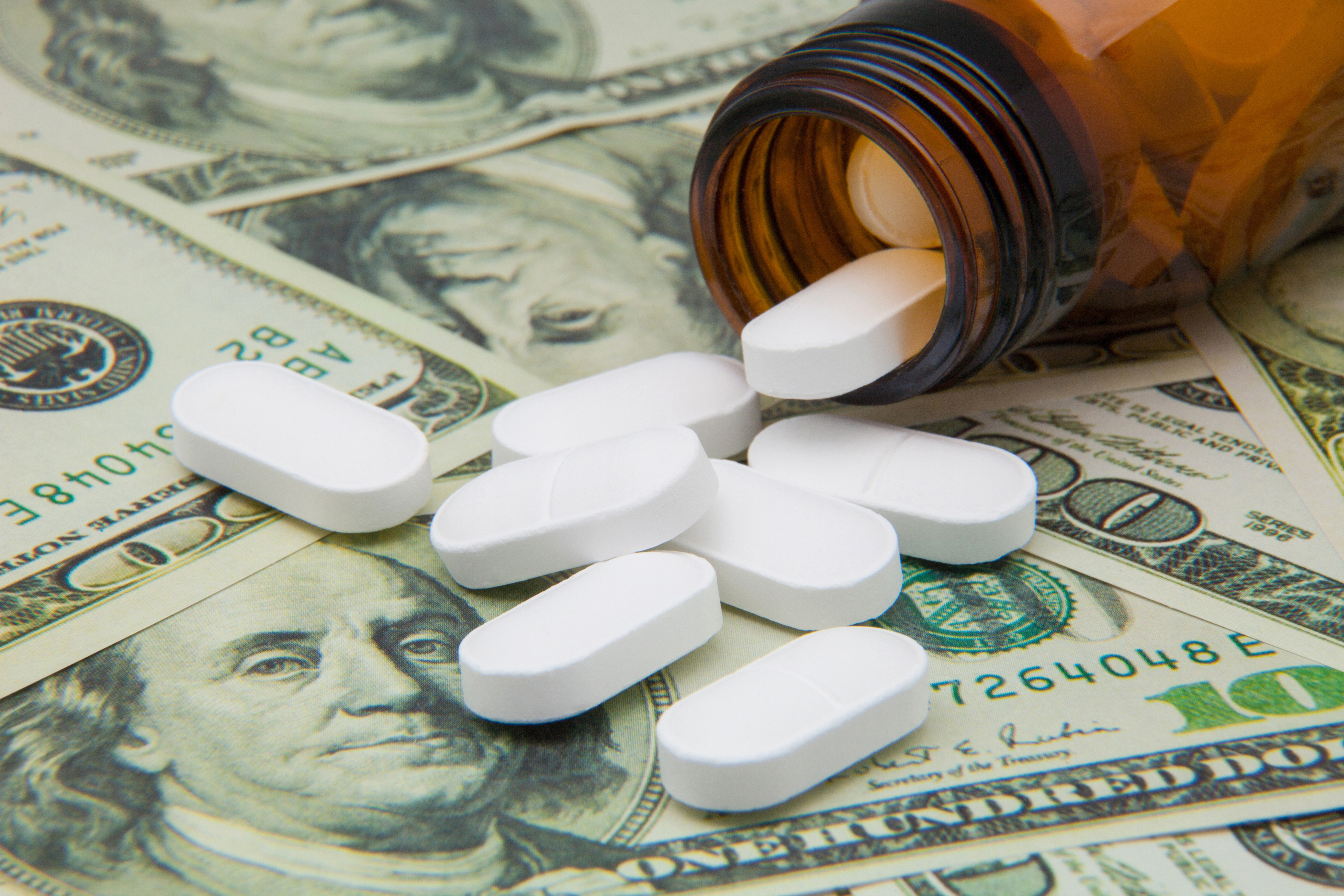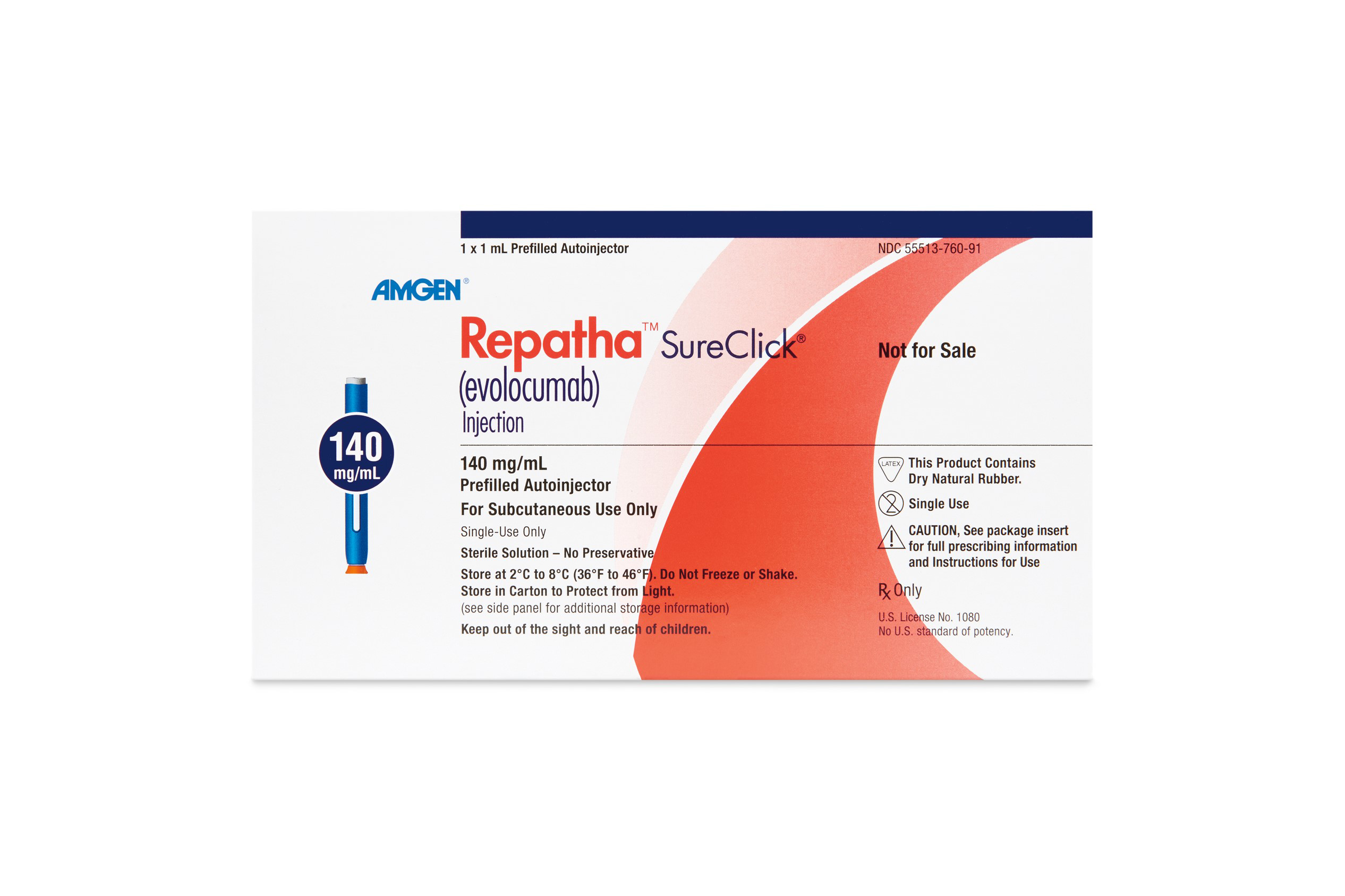Last Friday, 44 US states filed a lawsuit against 20 of the largest brand and generic drug companies for conspiring to inflate drug prices by as much as 1,000 percent.
The 500-page lawsuit, filed by Connecticut Attorney General William Tong, says generic drug makers colluded to ensure each company gets a “fair share” of the market, manipulating prices of 86 drugs between July 2013 to January 2015. Mr. Tong said emails, text messages and telephone records are among the pieces of “hard evidence” that will prove this multi-year conspiracy.
Teva Pharmaceuticals, one of the world’s biggest generic drug manufacturers is one of the 20 companies named in the lawsuit. In a statement, the company said they have not “engaged in any conduct that would lead to civil or criminal liability” and that they will be fighting the lawsuit. Teva and other generics manufacturers supply patients with cheaper versions of brand-name diabetes, oncology, antihypertensive, epilepsy drugs and more.
High drug prices have been a hot button topic since President Trump took to the White House, culminating in two fiery Senate Finance Committee meetings, legal action by health insurance companies and taxpayer complaints across the board.
But this new lawsuit might just reveal one corner of the bigger picture. When considering market exclusivity agreements, development costs, combination devices, discounts, rebates and insurance, drug pricing is much more complicated than it appears.
For instance, the seven-year orphan drug exclusivity period seems like the perfect window for orphan drug makers to hit payors with annual price hikes without worry of generic competition. But according to an IQVIA study, this is not the case. In fact, the research team at the Institute for the National Organization for Rare Disorders (NORD) concluded that rate of annual price increase for brand name drugs for common conditions exceeds that of orphan drugs.
But it’s not just new drugs that are contributing to the large price hikes. According to research published in Health Affairs, the price increase on existing branded drugs contributed more to costs in that market compared to the costs of new drugs. Secondary patents can also extend a single company’s monopoly on a therapeutic market, such was the case with Sanofi increasing the price of its diabetes drug, Lantus, by 50 percent after its original patent expired.
Other brand name drug manufacturers have been grilled for hiking prices faster than the rate of inflation. After Pfizer was publicly shamed for raising drug prices last summer, big brand companies like Novartis and Merck promised to lay off price hikes for 2019. Yet the new year began with a range price increases from these same companies, as well as from Amgen, Allergan, Bristol-Myers Squibb and Eli Lilly for some of their top-selling drugs. Gilead recently increased the prices of over a dozen drugs, including six HIV drugs, by 5 percent.
Investigations over “price fixing” have been ongoing since 2014. Health insurance companies Humana and UnitedHealthcare each launched lawsuits against Teva and Mylan, alleging “grossly inflated prices” often without explanation.
“The level of corporate greed alleged in this multistate lawsuit is heartless and unconscionable,” said Nevada Governor Steve Sisolak in a statement.
The new legal troubles for Teva have caused shares to drop by more than 16 percent on Monday, according to CNBC.












Join or login to leave a comment
JOIN LOGIN